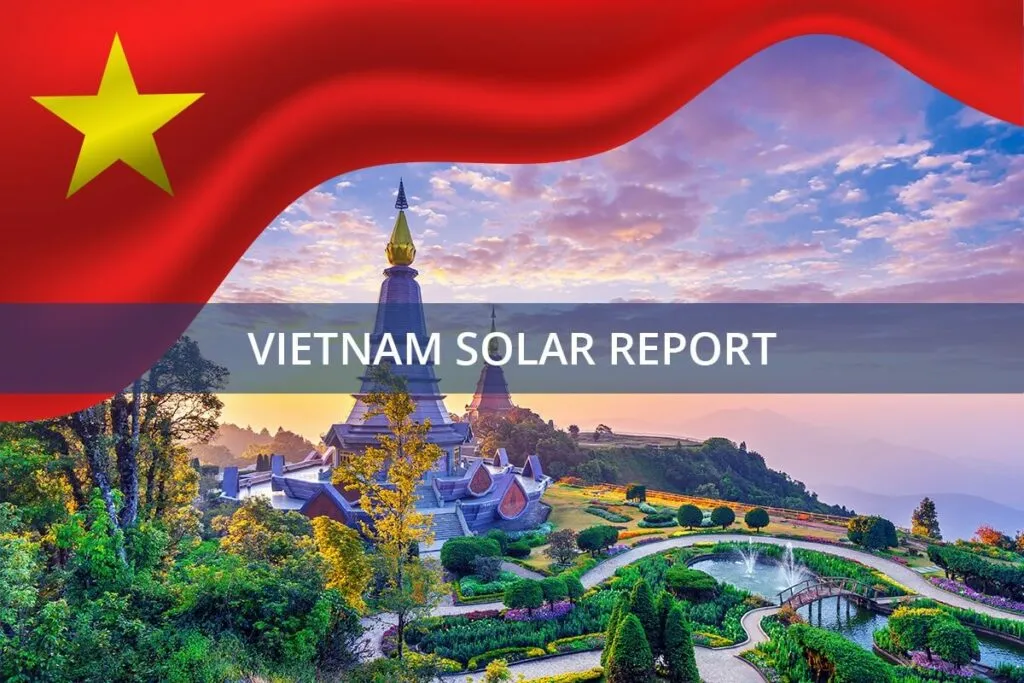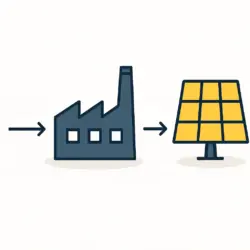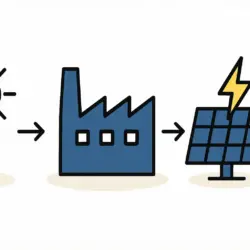Vietnam’s New Decree to Boost Renewable Energy Investment
Vietnam has taken a significant step to enhance its renewable energy sector by adopting Decree No. 70/2023/ND-CP, a new policy designed to stimulate investment. The decree introduces three key mechanisms: a tender process, direct power purchase agreements (DPPAs), and a price ceiling auction.
Driving Vietnam’s Energy Transition
With Decree No. 70/2023/ND-CP, Vietnam’s government has made a strategic shift from previous regulations, laying out a clear path to encourage investment. This decree is poised to be a game-changer for the country’s energy transition, implementing a tender process, direct power purchase agreements (DPPAs), and a price ceiling auction for solar and wind projects.
To explore more about Vietnam’s ambitious solar energy targets, visit Vietnam Solar Energy Revolution: 16% Target by 2030 is Amazing.
A New Tender Process for Renewable Energy Projects
The decree introduces a new tender process, departing from the previous feed-in-tariff (FiT) system of fixed prices for solar and wind energy. Under this competitive model, investors will bid for projects within price ceilings set by the government. This process is designed to lower energy costs and stimulate investment, with tenders to be announced in alignment with the national power development plan.
Direct Power Purchase Agreements (DPPAs)
The decree also introduces a crucial framework for direct power purchase agreements (DPPAs). This model allows renewable energy producers to sell electricity directly to consumers, bypassing the national grid for more flexible energy solutions. DPPAs are particularly attractive to foreign investors, providing a stable revenue stream and allowing companies to lock in long-term electricity prices—a feature especially appealing to multinational corporations with sustainability goals.
Price Ceiling Auctions for Solar and Wind
Replacing the phased-out FiT system, the decree also establishes a price ceiling auction for solar and wind projects. The Ministry of Industry and Trade (MOIT) will set price ceilings for different project types, with investors then bidding below these caps. This transparent, competitive process aims to drive down costs and ensure only the most efficient projects are developed.
Navigating Challenges and Opportunities
While the new decree creates numerous opportunities, it also presents challenges. Both the tender process and DPPAs will require a clear regulatory framework to ensure fairness and transparency. Effective implementation by the MOIT will be crucial, particularly in managing tenders and setting appropriate price ceilings. The government must also upgrade its grid infrastructure to handle the anticipated growth in renewable energy.
Despite these hurdles, the decree is a positive step toward Vietnam’s goal of achieving net-zero emissions by 2050, as highlighted in Vietnam Solar News Archives – PVknowhow.com. These new mechanisms will help diversify the country’s energy mix and reduce its reliance on fossil fuels. With the sector already experiencing rapid growth, this decree is set to build on that momentum, reinforcing Vietnam’s position as a leading market for solar and wind in Southeast Asia and attracting further investment.
The Future of Renewable Energy in Vietnam
Decree No. 70/2023/ND-CP opens a transformative chapter for Vietnam’s renewable energy sector. The introduction of a tender process, DPPAs, and a price ceiling auction creates a wealth of opportunities for investors. Although challenges remain, this policy lays a robust foundation for the future of renewable energy in Vietnam and aligns with the nation’s ambitious climate goals.



